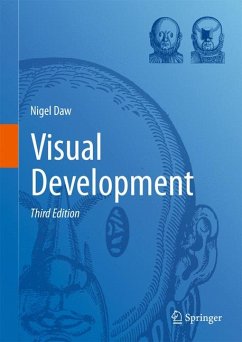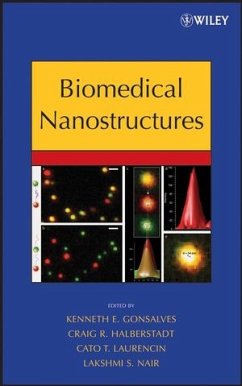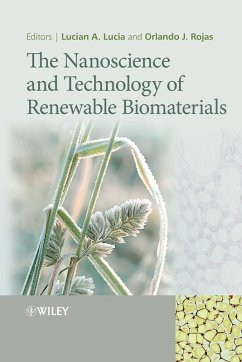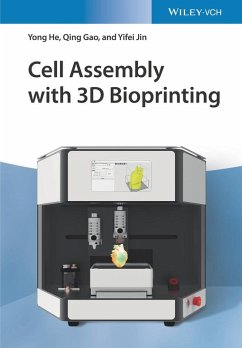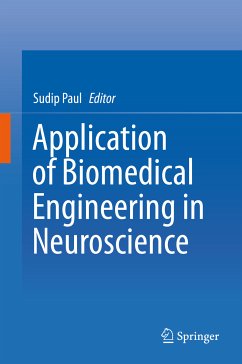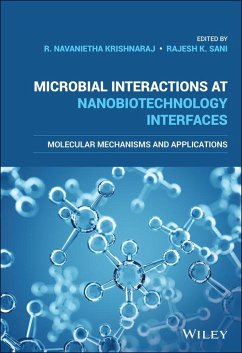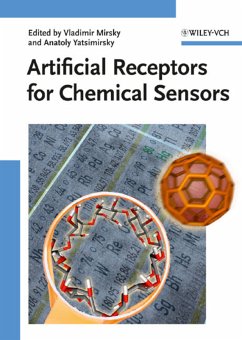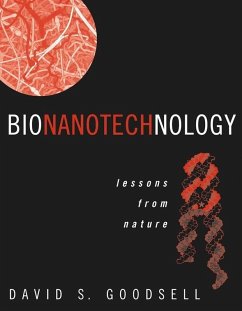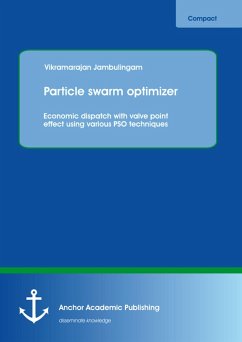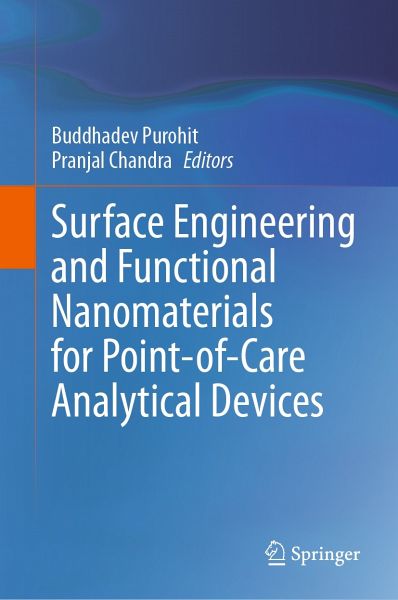
Surface Engineering and Functional Nanomaterials for Point-of-Care Analytical Devices (eBook, PDF)

PAYBACK Punkte
0 °P sammeln!
This book chronicles the role of advanced nanomaterials and surface engineering technologies in the development of point-of-care biosensors for health and environmental monitoring. All aspects of nanomaterial synthesis and characterization, functionalization methods, sensing surface engineering, signal amplification strategies, use of innovative technologies to enhance sensor efficiency and performances, and innovative applications of nanobiosensors to tackle real-life problems are discussed in this book with a focus on optical and electrochemical based sensing. It also covers the detection of...
This book chronicles the role of advanced nanomaterials and surface engineering technologies in the development of point-of-care biosensors for health and environmental monitoring. All aspects of nanomaterial synthesis and characterization, functionalization methods, sensing surface engineering, signal amplification strategies, use of innovative technologies to enhance sensor efficiency and performances, and innovative applications of nanobiosensors to tackle real-life problems are discussed in this book with a focus on optical and electrochemical based sensing. It also covers the detection of infectious diseases and various disease biomarkers, smartphone-based biosensing, and portable diagnostics module developments with a discussion on the working mechanisms of these devices in various domains. The book also illustrates the recent trends in biosensing, and an overview of the challenges and probable solutions for the translation of biosensors from laboratory prototypes to commercial success.



